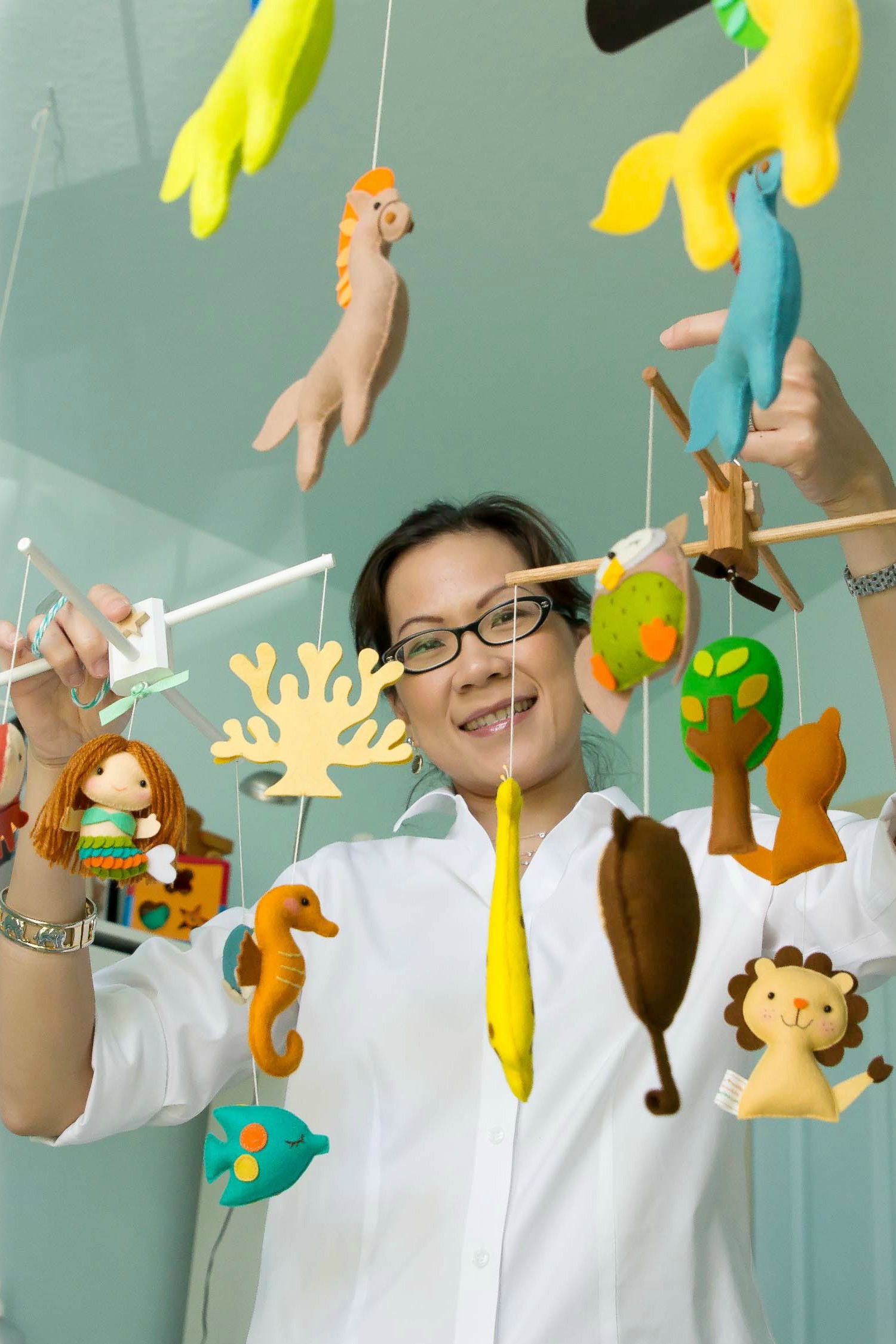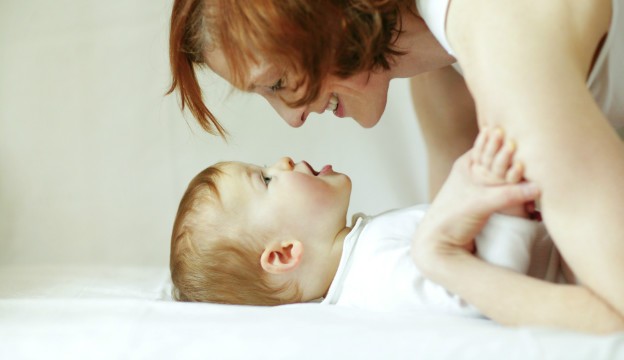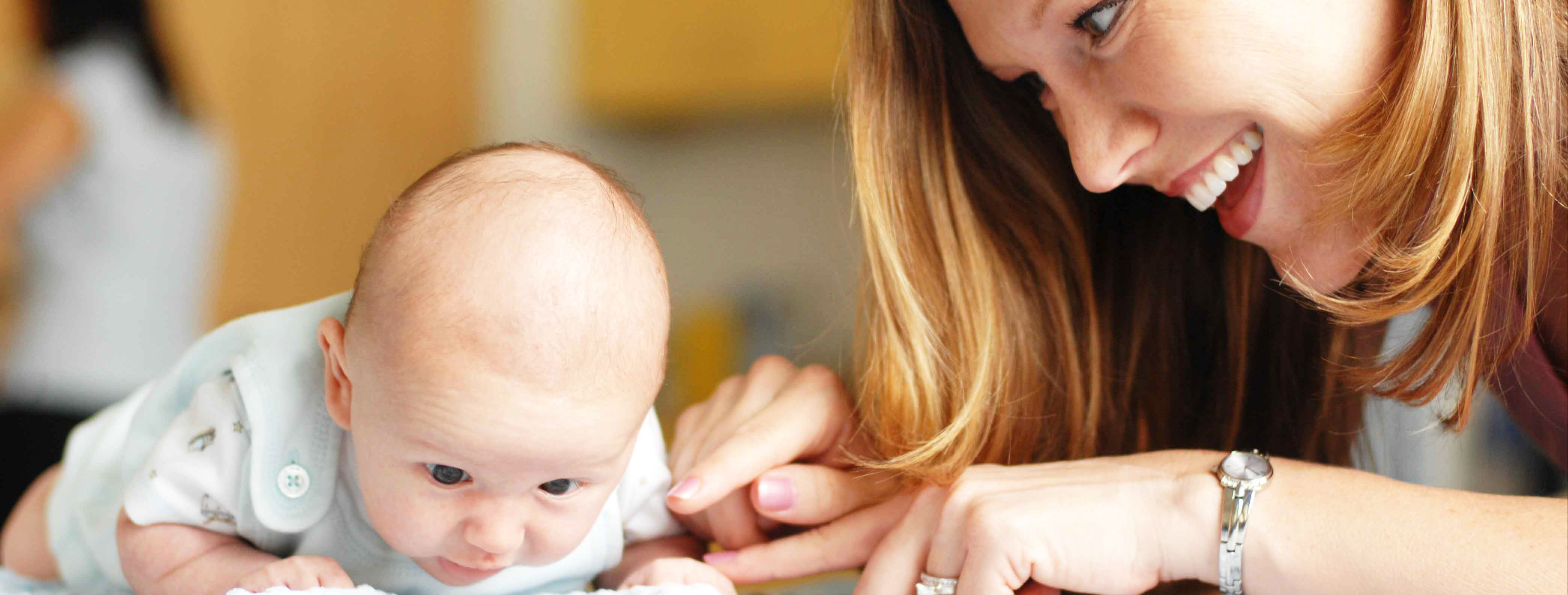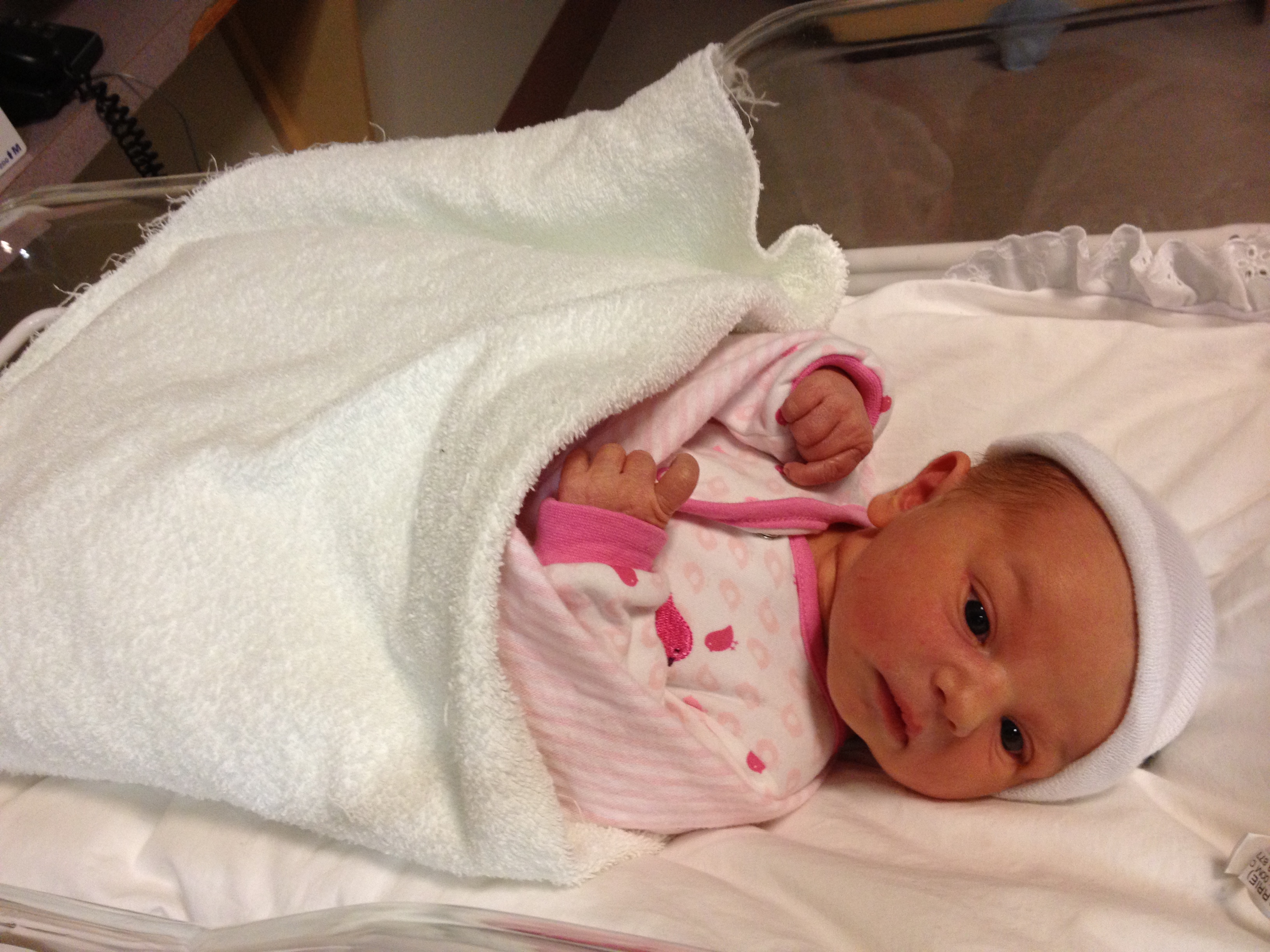If your little one is a newborn or less than 3 months of age, then your baby is in fact categorised as an infant. In terms of your infant’s progress and development, there are many things to watch out for, but often, new parents are not aware of these small infant development milestones. As infant development starts from birth, you should be well aware of these of what you should expect. However, also remember that every little one has their own pace.
Motor Skills
One of the first things to note is that, your little one’s head is not strong as a newborn and will need to be supported. During the first few months, he or she may not be able to lift or even turn his/her head. However, neck muscles will strengthen over the course of the next few months – you can encourage this will the help of tummy time. In terms of kicking or even stretching, they will be more and more active as they progress from the first month to the third.
While you may find newborns grasping at a finger if offered into their palm, as their vision and hand eye coordination improves you will find he/she grasping a toy you hold out. Some babies start to roll over or move around in their cots at age three months and should be monitored. If you were opting for a hospital grade bassinet from birth, now would be a good time to promote your baby to a crib.
Hearing
Your baby should hear noises and react to them. As he/she progresses, you might find your baby being quiet to listen or even respond to noises with a smile or cry. It’s important to keep talking to your baby so he/she can respond and recognise your voice easily. It will also help in his/her speech skills later on. By three months time, he or she might be easily distracted by interesting sounds.
 Vision
Vision
Your baby’s vision when born is usually fuzzy unless up close. However, during feeding times (whether breastfeeding or expressed breast milk feedings) your baby will attempt to focus on your face. When he or she responds to your face and recognises you, then it would be a good time to expose him or her to complex designs in terms of colours, shapes and more. Start him/her with a simple baby mobile and gradually replace it for a more complex item. By three months time, he or she might be easily distracted by an interesting sight.

Communication
When it comes to holding, rocking and feeding your baby, they will feel it in different ways and show a reaction depending on whether they like it or not. By two months of age, he or she may begin to smile, coo or blow bubbles when you interact with him or her, often mimicking your facial expressions. At three months, they may reach and look for you when he or she needs attention and comfort for whatever reason be it for a feed, warmth or loneliness.

Image Credit: Pathway, ProjectNursery, Fisher-Price



